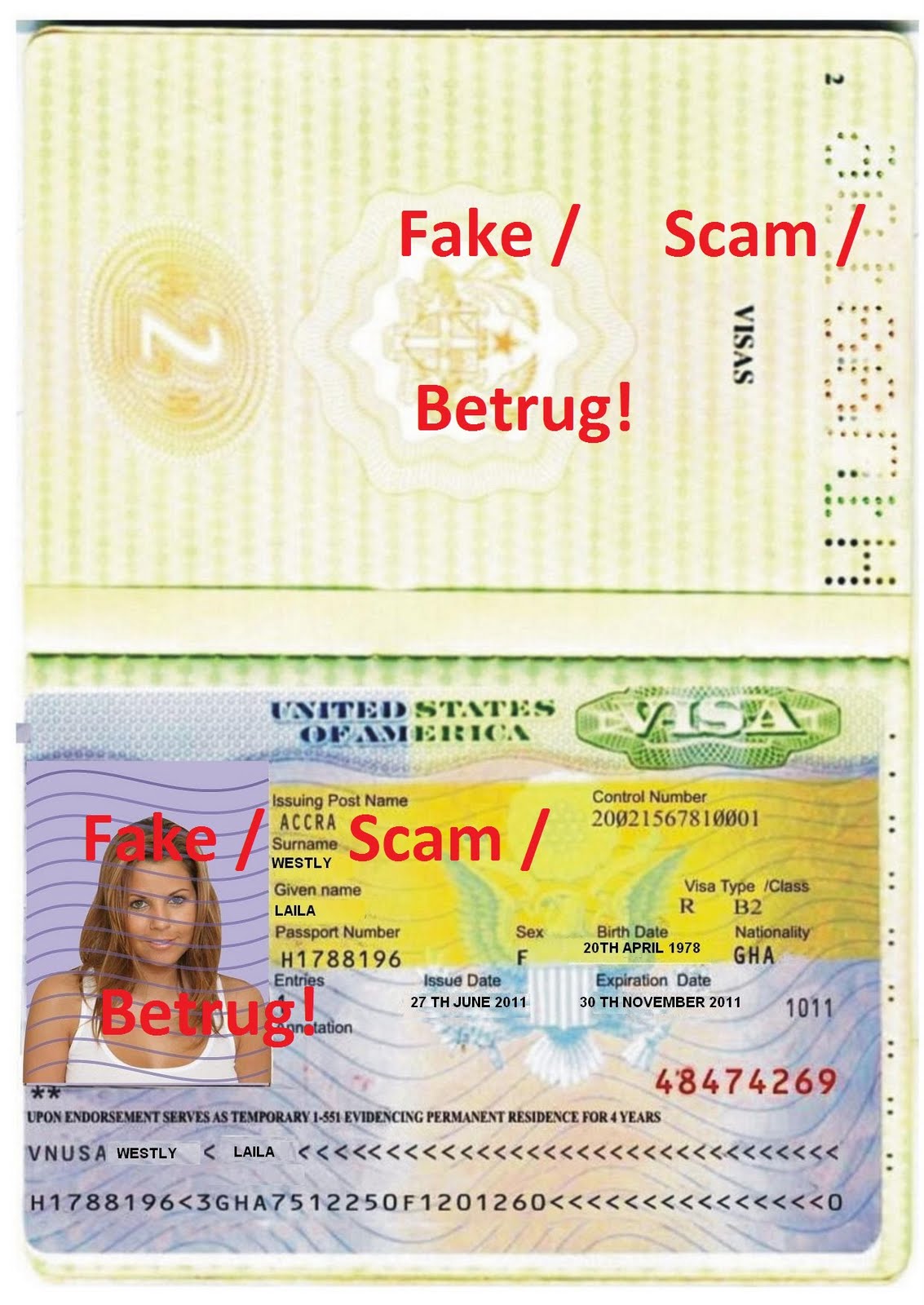Navigating the Maze: Unveiling Free Dating Site Crawlers and Scams
Online dating has become a prevalent way to connect with others, offering a vast pool of potential partners. However, this digital landscape isn't without its shadows. The anonymity and accessibility of free dating sites, in particular, can attract malicious actors, including automated bots known as "crawlers" that facilitate scams. Understanding this darker side of online romance is crucial for navigating the digital dating world safely.
Imagine receiving a seemingly perfect message from someone who shares your interests and seems genuinely interested in you. It's exciting, but it could be a trap. Many free dating platforms grapple with automated profiles, often deployed to collect user data or lure individuals into scams. These automated accounts, sometimes referred to as list crawlers or dating bots, can mimic real users, making it difficult to distinguish genuine connections from deceptive profiles.
The emergence of these automated scams is tied to the growing popularity of free dating platforms. As these sites attract large user bases, they become attractive targets for those seeking to exploit vulnerabilities. The relative ease of creating automated profiles on some free platforms exacerbates the issue. These bots can be programmed to send generic messages, collect personal information, or direct users to external phishing websites.
The primary issue with list crawlers in the free dating scene is the erosion of trust and the creation of a deceptive environment. Users can waste valuable time and emotional energy interacting with non-existent individuals. More seriously, these scams can lead to financial losses, identity theft, and emotional distress.
A "list crawler," in this context, refers to a program that automatically browses dating sites, gathering contact information and sometimes even mimicking user interaction. These bots can be used for various purposes, from compiling marketing lists to, more nefariously, setting up elaborate dating scams. Identifying these automated profiles is crucial for protecting yourself online.
One way to spot potentially automated accounts is to look for inconsistencies in their profiles. Do the photos look professionally taken or overly generic? Is the profile information vague or contradictory? Pay attention to the messaging style. Are the responses generic or do they avoid answering specific questions? Often, these bots utilize pre-written scripts, resulting in unnatural conversations.
Another red flag is a rapid escalation of romantic interest. If someone declares their love or asks for personal information (like your address or financial details) very early in the interaction, proceed with extreme caution. This aggressive approach is a common tactic used in dating scams.
Protecting yourself involves a combination of vigilance and common sense. Be skeptical of profiles that seem too good to be true. Avoid sharing personal information, especially financial details, with anyone you've only met online. If you suspect you are interacting with a bot or a scammer, report the profile to the dating platform immediately.
Advantages and Disadvantages of Free Dating Sites (Considering the Scam Landscape)
| Advantages | Disadvantages |
|---|---|
| Accessibility and affordability | Higher risk of encountering bots and fake profiles |
| Large user base | Limited moderation and security features |
| Opportunity to connect with a diverse range of people | Increased potential for scams and fraudulent activity |
Frequently Asked Questions
1. What are the common signs of a dating scam?
Common signs include requests for money, overly romantic declarations early on, inconsistent profile information, and avoidance of video calls or in-person meetings.
2. How can I protect myself from dating scams?
Protect yourself by being cautious about sharing personal information, researching profiles online, and trusting your instincts.
3. What should I do if I suspect I'm being scammed?
Report the profile to the dating platform and cease all communication immediately. You can also report the incident to the relevant authorities.
4. Are all free dating sites unsafe?
Not all free dating sites are unsafe, but they generally have fewer resources for moderation and security compared to paid platforms.
5. How can I identify a bot profile?
Look for inconsistencies in profile information, generic messages, rapid escalation of romantic interest, and avoidance of specific questions.
6. Can bots steal my personal information?
Yes, bots can be designed to collect personal information, which can be used for identity theft or other malicious purposes.
7. What are list crawlers used for in dating scams?
List crawlers can gather contact information and create fake profiles, which are then used to initiate scams.
8. Are there any legitimate uses for list crawlers?
While some businesses may use crawlers for market research, their use in the context of dating is often associated with malicious activity.
Navigating the world of online dating, especially on free platforms, requires a healthy dose of skepticism and awareness. While these platforms can offer genuine connection opportunities, they also harbor potential risks, including scams facilitated by automated bots and fake profiles. By understanding the tactics employed by scammers and by practicing safe online habits, you can significantly reduce your vulnerability and increase your chances of finding meaningful connections. Remember to trust your instincts, be cautious with personal information, and report any suspicious activity to the platform. Your online safety is paramount. Be vigilant, be informed, and enjoy the process of connecting with others responsibly.
Unlocking the secrets of walmarts ballpoint pen aisle
Gone but not forgotten unveiling the stories within garden city ks newspaper obituaries
Computer wont wake up keyboard and mouse not responding












